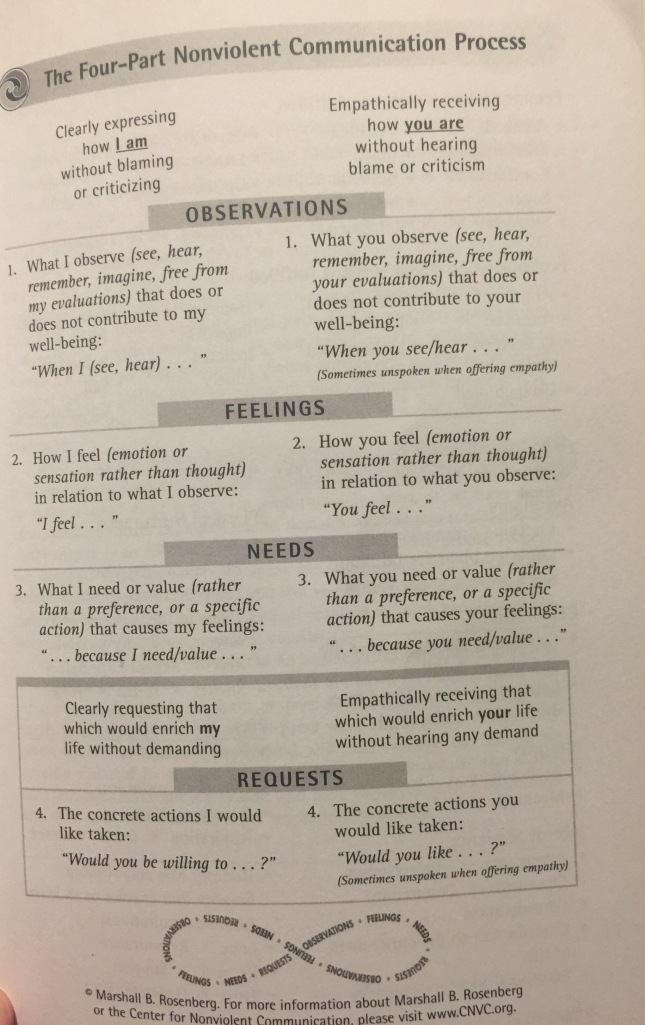I was on Lexapro (an SSRI) for about a year for anxiety (related to body image and the fact that I started having panic attacks while driving and related to death)- coincidentally, the same year I was not posting on here. I’ve been wanting to write this post for a while, and it’s still not entirely clear to me what I want to say.
During the year I was on Lexapro, J started dating my best friend. I think I surprised everyone when I didn’t have any huge reaction or need for reassurances from J or her. It was relatively easy for me, which at the time I chalked up to the fact that because she is my best friend, I felt highly secure, respected, and heard, and confident in my ability to communicate with both her and J when things came up. I think these things are true, and now I am also wondering if being on meds gave me a boost in managing intrusive and obsessive thoughts related to jealous feelings. I went off of Lexapro in late September, hopeful that my year of medication had perhaps reset some of my brain chemistry. I went back on it a month ago after a really hard weekend of body image anxiety and some ramping up of anxiety related to poly stuff.
My fear is this: do I need to be on medication in order to be a “successful” poly partner? (Which also clearly begs the question- what does “successful” even mean?) It has given me an extra hand in managing my hard feelings- I still have hard feelings, but the thoughts are less intrusive and obsessive and I’m more calm even in the midst of having shit feelings. In the fall when I was off of them, I managed things just fine- I also, however, was in full blown NRE with my boifriend. NRE is like the highest dose of Lexapro I can imagine being on. Things were easy because I was loving the shit out of him and my life. Now that my relationship with him has cooled off a bit, and things have heated up between J and his person/my best friend, I’ve noticed an increase in my shit feelings.
Now that I’m back on Lexapro, things are starting to feel more even again. I like it. Part of me is fine with the idea of being on it for my whole life (why should my relationships and life be so much harder if they don’t have to be?) and part of me hates that idea.
I’m curious about the prevalence of anti anxiety mediation use among folks in poly/open relationships. I’d imagine it parallels use in the general population, and I would never suggest that poly people are more anxious. I’ve dealt with anxiety my whole life, and my feelings of jealousy were perhaps more intense when I was in monogamous relationships than they are now, and I’m also highly conscious of the fact that being part of marginalized communities increases one’s sense of otherness. Anxiety can heighten when you need to be more on guard about who is going to include you and exclude you, and if you’re constantly trying to navigate who knows all of you and who doesn’t.
